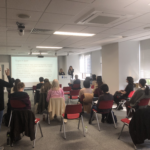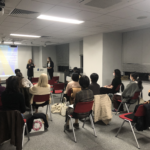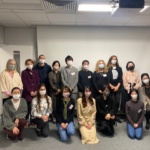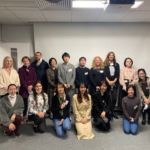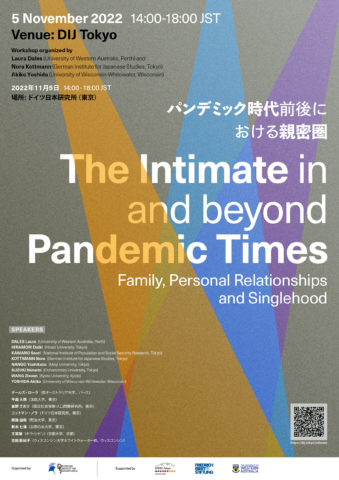
Download
Venue
DIJ Tokyo (access)
Co-organizer
Supported by
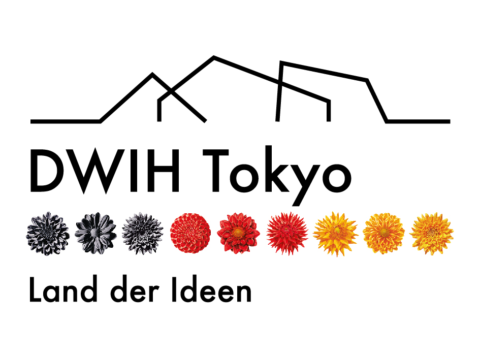


Registration Info
This is a past event. Registration is no longer possible.
Please subscribe below to stay informed about our research activities, events, and publications:
The Intimate in and beyond Pandemic Times: Family, Personal Relationships and Singlehood
November 5, 2022
Organisers:
Nora Kottmann (DIJ Tokyo), Akiko Yoshida (University of Wisconsin-Whitewater, Wisconsin and Scholar in Residence, DIJ Tokyo), Laura Dales (University of Western Australia, Perth)
Three years into the COVID-19 pandemic, it is clear that the virus and its political, economic and public health implications have led to profound, if uneven, effects on human society.
The restrictions imposed by political and public health responses to COVID have curbed social interactions, limited physical movement and challenged the functions and experiences of the home as a space of comfort and site of intimacy. Social distancing, isolation requirements like the “3C’s” (the avoidance of closed spaces, crowded places and close-contact settings) and their attendant constraints have produced differing challenges (and possibly opportunities) within the intimate, among them childcare, work-life balance, romantic relationship formation, economic conditions, marital, romantic and solidary relationship quality. Further, these challenges have uneven impacts by gender, class, occupation (remote vs. non-remote workers), sexual orientation, marital and partnership status, ethnicity, migrant status, social networks and living arrangements.
After the introduction by DIJ director Franz Waldenberger, the three sections focused on “singlehood”, “the home and personal space in the city” as well as “relationships ‘beyond’ the heterosexual family”. The first two sections consisted of three papers each, the third section of two papers and a final discussion.
Several papers presented in this workshop explored the effects of the pandemic on singles in Japan, based on the results of a large-scale survey conducted in January 2021. Drawing on quantitative and qualitative data, these papers explored the effects of the pandemic on a range of personal relationships and relational practices among the unmarried. Three papers introduced the survey and its methodological details, discussed an increase in desire for marriage under the pandemic and analyzed single life, (solo-)sociality and the impacts of the pandemic.
Alongside these papers, several experts presented multi-perspective and multi-method work (completed or in-progress research) and discussed ongoing, unanticipated and multi-dimensional effects of the pandemic and its global and local influences on the intimate, on (solo)sociality and its socio-spatial implications. In particular, these papers addressed changes in “personal space” in the city since the start of the pandemic, results from an online survey on the effects of the stay-at-home policies, findings from cognitive interviews on intimate relationships and singlehood beyond cisgender heterosexual individuals as well as quantitative analysis of relationships of same-sex couples.
The workshop met with great interest among junior and senior scholars from Japan, Germany, the US, and Australia. It generated a lively discussions on various topics, including historical perspectives, possible future developments, an increase in loneliness versus a diversification of personal life courses. Overall, the papers showed that the impact of the pandemic is clearly gendered (“gender matters”); they pointed to the need to explicitly look “beyond” the classic heterosexual family and to increase research on personal relationships and wider social networks. It also became apparent that the pandemic had dual effects (positive versus negative), amplifying developments that have their origins prior to the pandemic.
For many participants, the workshop was the first opportunity to meet in person after the pandemic. It provided a long-awaited occasion for networking and discussing future collaborations and projects. All attendees stayed for an informal buffet-style dinner at the DIJ to continue the lively discussions.
Speakers (in alphabetical order):
DALES Laura (University of Western Australia, Perth)
HIRAMORI Daiki (Hosei University, Tokyo)
KAMANO Saori (National Institute of Population and Social Security Research, Tokyo)
KOTTMANN Nora (German Institute for Japanese Studies, Tokyo)
NANGO Yoshikazu (Meiji University, Tokyo)
SUZUKI Nanami (Ochanomizu University, Tokyo)
WANG Zixuan (Kyoto University, Kyoto)
YOSHIDA Akiko (University of Wisconsin-Whitewater, Wisconsin)
